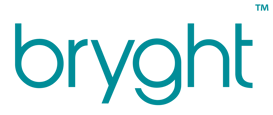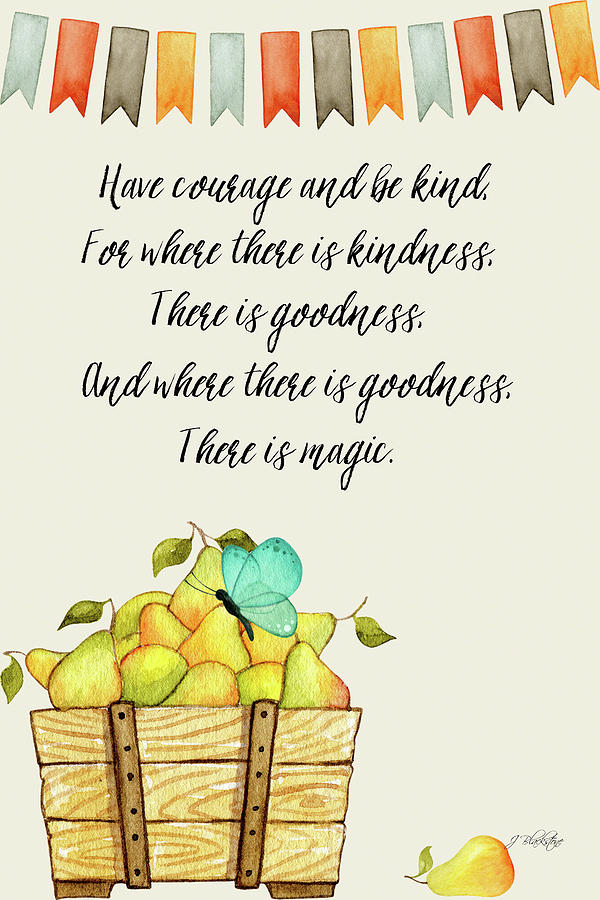This week it hit me. I was on our weekly Zoom management meeting, discussing staff, sales, and reviewing reports with my colleagues. Like many businesses, our brick-and-mortar stores were closed for most of spring 2020, so we have been comparing targets for 2021 to the same period in 2019. I checked my calendar and noticed that we reopened the stores this week last year, we can now accurately track our goals and see how we're doing- woohoo! As I thought about the dates more and looked back on my May 2020 calendar, I saw 3 events.
First, bryghtenup.com had its first not-our-family-or-friends online order on May 15, 2020. We were just starting out on this new venture, Bryght, a natural skincare line targeted for "down there". Then, our brick-and-mortar stores reopened around May 19, 2020, after being closed for 2 months. May 20, 2020, was my boss, Luba's, first round of chemotherapy for triple-negative breast cancer. Triple-negative breast cancer is a kind of breast cancer that does not have any of the receptors that are commonly found in breast cancer. They say bad things happen in threes. At the time, I think I was too caught up in the business of it all to be stressed or to really be present with what was happening.
Our small team became even smaller. I took on more responsibility in my job because we were not sure how the cancer treatment would affect Luba, and if she would feel up to working. I thought, how can you focus on work when you're faced with life or death? To me, that was such a SMALL thing to worry about, in the grand scheme of life. I quickly learned that for Luba this was not the case. Facing cancer can often bring with it an increased sense of the importance of work in some people's life. Working can boost self-worth and help the person focus on what they’re able to do rather than on their illness. Work can be a safe haven away from the medical world and can help a person balance the feeling of being out of control. Work is also a source of stability because it has a routine and is familiar. And work provides contact with other people. Cancer can be isolating, and being around people can be a great comfort. Even through Zoom calls.
Finding out that someone you know has cancer can be difficult. I had many questions about cancer itself and about how I should talk to and act around a cancer patient. I have had people in my life affected by cancer before, as a lot of us do, but I was much younger and it was my grandfather. It may have been a bit insensitive, but at the time my feelings were "he's had a good life, this is old age. It happens". It was still sad and hard, but not quite as jarring as seeing a healthy 40-year-old woman be diagnosed. I knew it happens, but it is always different when you see it in your own backyard. There is still a misconception about cancer. The thing is, cancer does not give a flying fuck how old you are, how "healthy" you seem to be, if you smoke, drink, or use tanning beds. Cancer is still this giant question mark in the medical field. Sure, we can look at correlation and causation and draw some conclusions on how to lower your risk. But it's just that- lowering your risk. Not totally eliminating the possibility of a cancer diagnosis if you only drink green juice and run marathons.
If you’re very close to a person with cancer, this can be a frightening and stressful time for you, too. Like me, If the person with cancer is a co-worker, you might also wonder how your work situation will be affected by their diagnosis and treatment. Supervisors may wonder what they can do to best help the person while still getting the work done. Communication and flexibility are the keys to success. Cancer can be very unpredictable. Someone with cancer can feel good one day and terrible the next. Expect that they will have good days and bad days. Learning to live with uncertainty is part of learning to live with cancer, both for the patient and for the people around them.
Like many people, my boss had made the decision to keep her cancer diagnosis a secret, for the first couple of months. Not one person in our company knew about it, except for me. If someone tells you that they have cancer, you should never tell anyone else unless they have given you permission. Let them be the one to tell others. It might feel awkward if you hear “through the grapevine” that someone has cancer. You may feel angry or hurt if someone who’s close to you didn’t share the news of a cancer diagnosis with you right away. No matter how close you are, it may take time for the person to adjust to the diagnosis and be ready to tell others. Don’t take it personally. Focus on how you can support that person. Feeling sorry for them, or feeling guilty for being healthy yourself, are normal responses. But by turning those feelings into offerings of support you make the feelings useful. Asking how you can help can take away some of the awkwardness. Cancer is a scary disease. It can create a great deal of uneasiness for people who don’t have experience dealing with it. Don’t be ashamed of your own fears or discomfort. Be honest with the person about how you feel and that you're not quite sure how to be there for them.
Cancer often reminds us of our own mortality, especially If you are close in age to the person with cancer or if you are very close to them, you may find that this experience creates anxiety for you. Being at your wits' end over the person’s illness is a sign of care and concern. What I like to remember is "grief is love with nowhere to go". We need to think about how we can be helpful to the person who has cancer and find a home for that grief, so it can turn into love.
Don't underestimate the power of kindness at work. We often are very "masculine" at work, this has been the norm for years, it is conditioned and socialized into many of us. To check our personal lives at the door and become an actor, shapeshifting from a dynamic multifaceted human being into a robotic worker bee, ready for capitalism. When our shoulders are given a good shake of reality and a wake-up call slaps us in the face, it is important to remember, to balance out that masculine energy with the feminine. In the beauty industry I am blessed to be able to work alongside other women, so being supportive of having feelings and making mistakes is ingrained into the company culture.
So, if someone you know has cancer right now, remember to go back to basics and be kind. To yourself, and to them. If you are struggling yourself or looking for guidance on how to support your cancer thriver, the Canadian Cancer Society in Canada and cancer.org is a great resource if you are in Canada or the USA.
To listen to what life after breast cancer has been like for Luba, listen to episode 56 of our podcast Between Both Cheeks where we talk with special guest Jen Rozenbaum, author of "What The Fuck Just Happened: A Survivors Guide to Life After Breast Cancer" Search for "Between Both Cheeks" on any podcast platform, or on betweenbothcheeks.com
And in case you want some proof on how being kind to others will actually benefit you, here is a snippet from Harvard Business Review on the impact of kindness (in the workplace):
"A commitment to be kind can bring many important benefits. First, and perhaps most obviously, practicing kindness will be immensely helpful to our colleagues. Being recognized at work helps reduce employee burnout and absenteeism, and improves employee well-being, Gallup finds year after year in its surveys of U.S. workers. Receiving a compliment, words of recognition, and praise can help individuals feel more fulfilled, boost their self-esteem, improve their self-evaluations, and trigger positive emotions, decades of research have shown. These positive downstream consequences of compliments make intuitive sense: Praise aligns with our naturally positive view of ourselves, confirming our self-worth.
Second, practicing kindness helps life feel more meaningful. For example, spending money on others and volunteering our time improves wellbeing, bringing happiness and a sense of meaning to life, research finds. Being kind brings a sense of meaning because it involves investing in something bigger than ourselves. It shapes both how others perceive us — which improves our reputation — and how we view ourselves. We draw inferences about who we are by observing our own behavior, and our acts of kindness make us believe that we have what it takes to be a good person. In the remote workplace, where cultivating moments of joy is difficult, this may be a particularly important benefit that translates into long-term job satisfaction.
Third, as we found in a new set of studies, giving compliments can make us even happier than receiving them. We paired up participants and asked them to write about themselves and then talk about themselves with each other. Next, we asked one of them to give an honest compliment about something they liked or respected about the other participant after listening to them. Consistently, we found that giving compliments actually made people happier than receiving them. Surprisingly, though, people were largely unaware of the hedonic benefits of being kind.
Why does giving compliments boost our happiness to such a degree? A key ingredient of well-being that we’ve sorely lacked during the pandemic plays a role: social connection. In our studies, we found that giving compliments engendered a stronger social connection than receiving compliments because giving them encouraged people to focus on the other person. "
Sources/Resources:
Artwork by Jordan Blackstone
https://www.cdc.gov/cancer/breast/triple-negative.htm
https://hbr-org.cdn.ampproject.org/c/s/hbr.org/amp/2021/05/dont-underestimate-the-power-of-kindness-at-work




Leave Comment